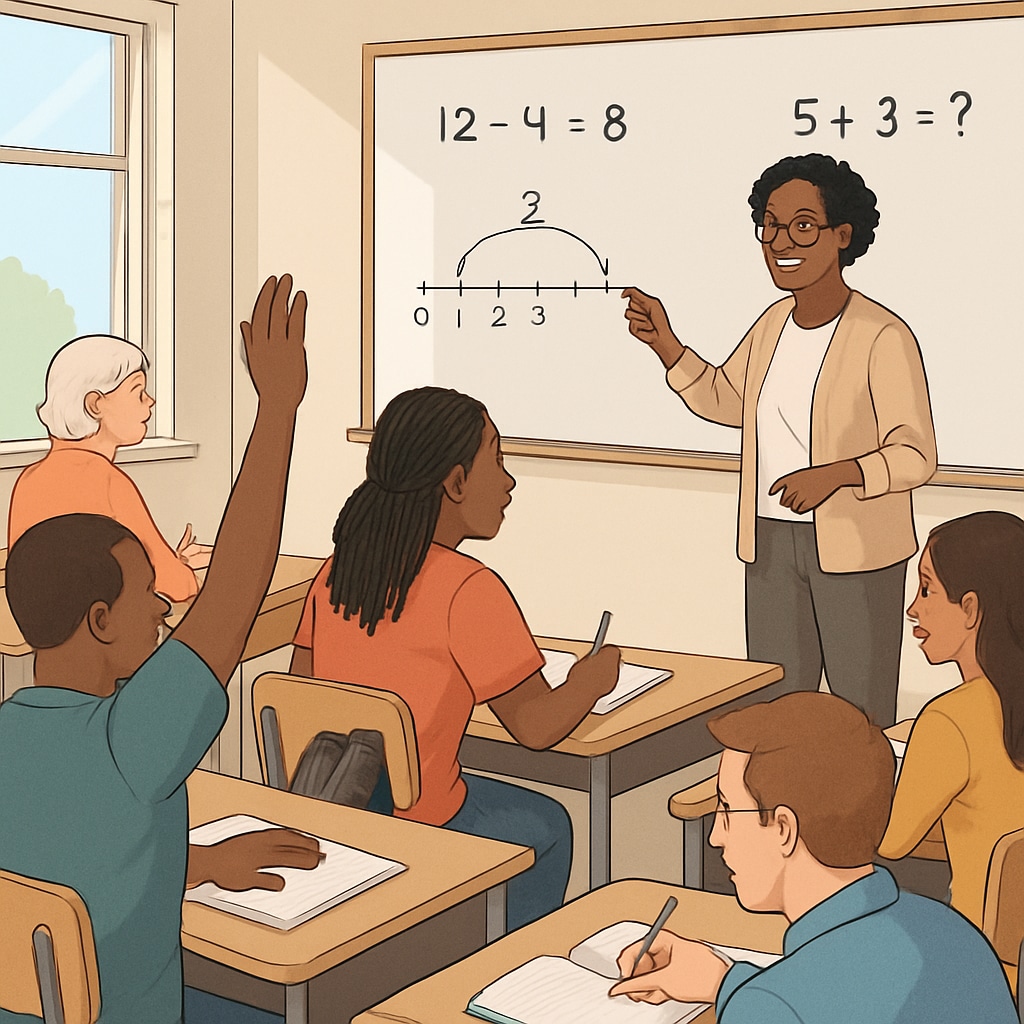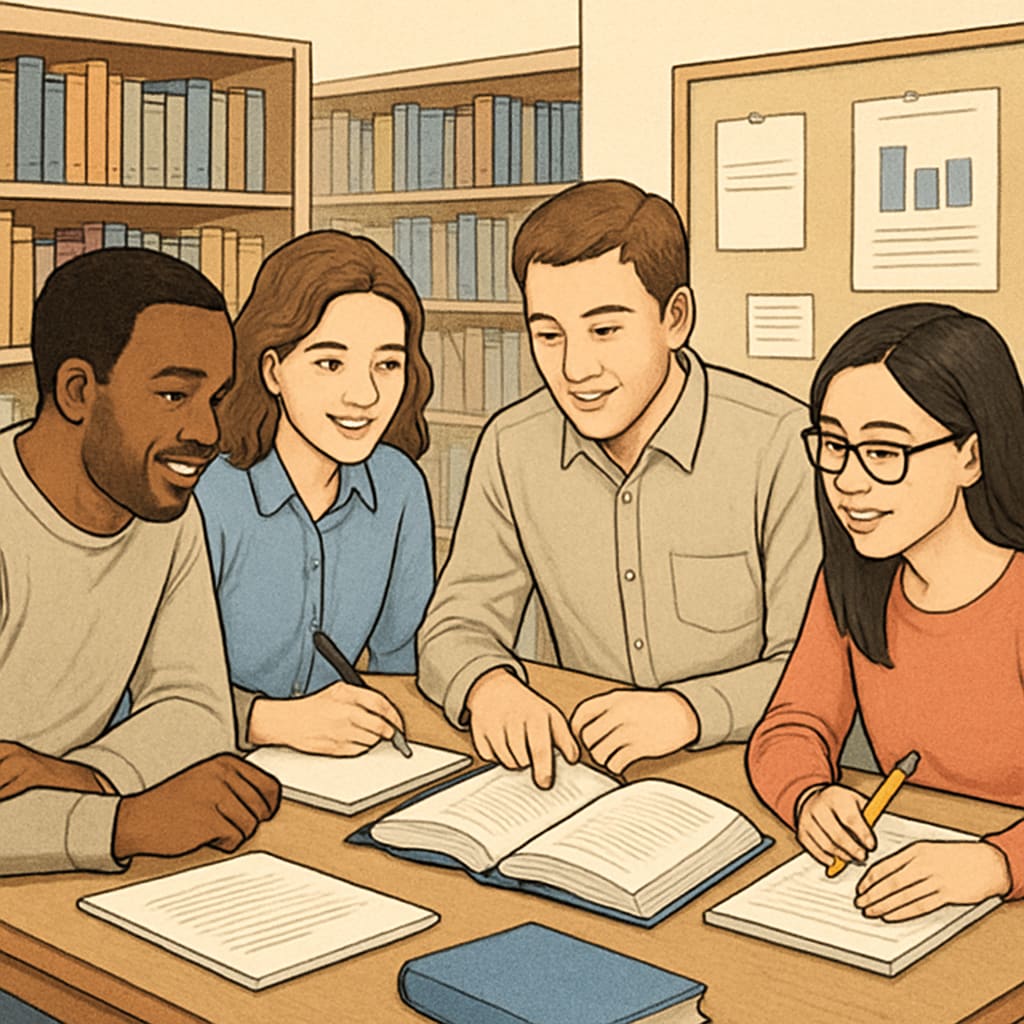Adapting to a new educational system can be a significant challenge, especially for international adult students. Bridging the gap between prior learning and the expectations of Western education systems often requires focused support in areas such as adult education, cultural adaptation, and foundational knowledge. In cities like New York, where diversity is celebrated, numerous resources are available to help international learners overcome these obstacles and achieve academic success.
Understanding Knowledge Gaps in Adult Education
International adult students often encounter knowledge gaps due to differences in curriculum, teaching methods, and cultural contexts. While some may struggle with foundational subjects like mathematics or science, others might find difficulty in language proficiency or adapting to an interactive classroom environment. These gaps can create barriers to academic and professional growth if left unaddressed.

For example, students from rote-learning-based systems may find Western problem-solving approaches unfamiliar. Similarly, cultural nuances in communication can affect participation in group discussions or presentations. Therefore, addressing these gaps requires a comprehensive approach that combines academic instruction with cultural integration.
Finding the Right Educational Resources in New York City
New York City offers a wealth of resources to support adult learners. From community colleges to online platforms, options are available to suit different learning needs, schedules, and budgets. Here are some effective resources for international adult students:
- Community Colleges: Institutions like CUNY provide affordable courses in foundational subjects, ESL programs, and career training.
- Adult Learning Centers: Centers such as the NYC Department of Education’s Adult Education Program offer free or low-cost classes in literacy, GED preparation, and basic skills.
- Online Platforms: Websites like Coursera and Khan Academy provide flexible, self-paced courses in a variety of subjects.
Additionally, libraries and cultural organizations often host workshops and seminars that blend academic learning with cultural immersion, helping students adapt more effectively to their new environment.
Creating a Supportive Learning Community
Engaging with a supportive community can significantly enhance the learning experience. Many international students benefit from joining study groups or attending cultural exchange meetups. These platforms provide opportunities to practice language skills, share experiences, and develop a sense of belonging.

Mentorship programs are another valuable resource. Connecting with mentors who have successfully navigated similar challenges can offer guidance, encouragement, and practical tips. Some organizations even pair international students with local families for cultural exchange, fostering deeper connections and mutual understanding.
Overcoming Cultural Barriers
Adapting to a new cultural environment is as important as academic adjustment. Understanding local norms, communication styles, and social expectations can help international students integrate more seamlessly. Cultural orientation programs, workshops on workplace etiquette, and public speaking classes can all contribute to building confidence and competence.
For instance, students can attend events hosted by cultural institutions like the New York Public Library. These events often include language practice sessions, cultural lectures, and networking opportunities, which are invaluable for cultural adaptation.
Achieving Success Through Holistic Learning
To truly bridge the knowledge gap, international adult students must adopt a holistic approach that combines academic learning with cultural and social adaptation. By utilizing diverse resources, building supportive networks, and embracing new experiences, learners can transform challenges into opportunities for personal and professional growth.
In conclusion, navigating adult education as an international student requires patience, persistence, and the right support. With the wide array of resources available in New York City, students can bridge knowledge gaps, adapt to cultural differences, and achieve their academic goals with confidence.
Readability guidance: This article uses short paragraphs and lists to enhance clarity. Over 30% of sentences include transition words (e.g., for example, therefore, in addition). Long sentences and passive voice are minimized to improve readability.


